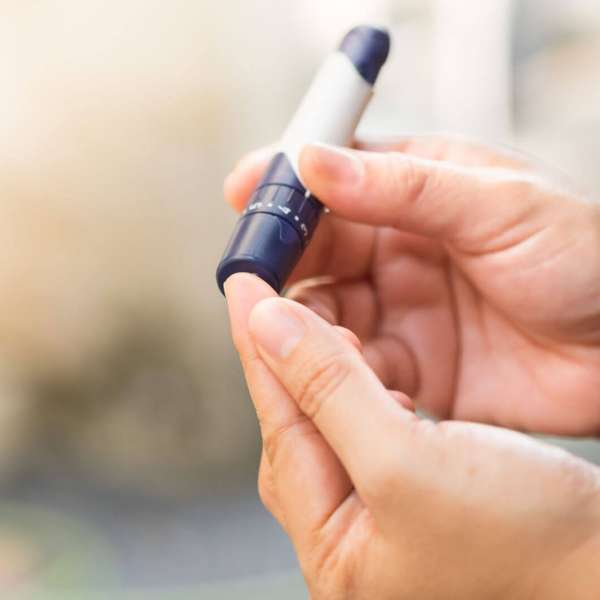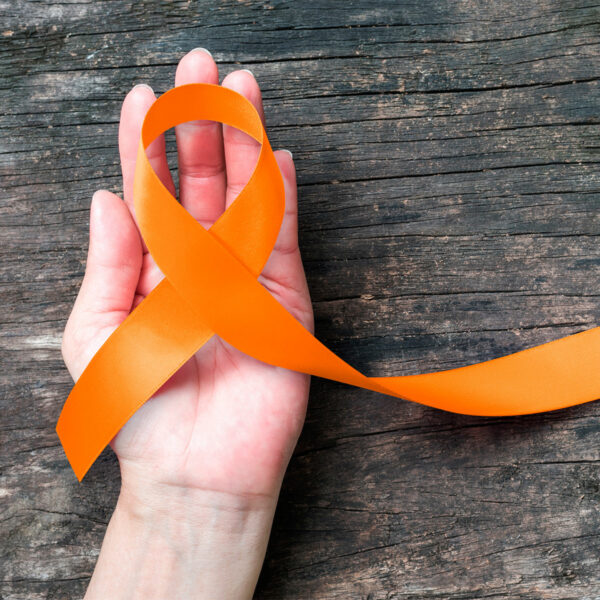Triple-S joins the Pinta a Puerto Rico de Púrpura (Paint Puerto Rico Purple) initiative, which will take place on May 19 as part of an awareness campaign, coordinated by Fundación Esther A. Torres Pro Enfermedades Inflamatorias del Intestino (Foundation for Inflammatory Bowel Diseases), to help educate about this type of disease. The initiative will consist of lighting buildings, wearing purple, and uploading photos and messages to social media as a show of support for the cause.
An increasing number of Puerto Ricans suffer from inflammatory bowel diseases (IBD) for which there is no known cause or cure. IBD affects people of all ages physically, emotionally, and socially, from childhood to old age. However, these conditions are more frequent among young people. Crohn’s disease and ulcerative colitis are among the most common diseases.
Clinical manifestations of these health problems are defined by episodes of chronic inflammation in some areas of the gastrointestinal tract that improve (remission) or worsen (relapse) over time. Several factors have been identified in the progression of these diseases, and it has been established that, if a specific gene is present, several external factors can trigger an uncontrolled response from the immune system, causing this chronic inflammation. Additionally, there are other external factors, such as bacteria, tobacco, and some medications, that can exacerbate the condition.
The gastrointestinal system is responsible for converting food into energy by transporting, digesting, absorbing, and transforming it, as well as processing and eliminating waste.
What is Crohn’s disease?
This disease can affect any part of the gastrointestinal system, from the mouth to the anus. It can alternate healthy areas with diseased areas and damage all the intestinal layers, from the mucosa to the wall. Symptoms include abdominal pain with cramps, fever, fatigue, loss of appetite, weight loss, feeling like you need to defecate even when your bowels are already empty, or watery diarrhea that may have blood in it.
What is ulcerative colitis?
Ulcerative colitis only affects the colon (large intestine). It is an inflammation that affects the lining of the large intestine that extends contiguously from the rectum upwards. Its symptoms include bloody diarrhea, mucus in the stool, straining, and abdominal pain.
The first step to a diagnosis is a physical exam that may reveal a mass or tenderness in the abdomen, skin rash, swollen joints, or mouth ulcers. The doctor may then order one or more tests, including a barium enema, which is a radiograph of the large intestine, a colonoscopy, a CT scan of the abdomen, a digestive tract endoscopy, an MRI of the abdomen, an enteroscopy spanning from the anus to the intestine, an MRI enterography of the small intestine, and a stool culture. A colonoscopy with a biopsy is the test generally used to make the most accurate diagnosis in both conditions.
Unfortunately, there is no known cure for these diseases, which are typified by periods of improvement followed by a flare-up of symptoms. In some cases, surgeries can be performed to help. However, these do not guarantee a cure. Other treatments may include aminosalicylates, antibiotics, steroids, immunomodulators, or biological agents to control symptoms, minimize potential complications, and improve the quality of life.
Likewise, a healthy diet and nutrition are recommended to reduce symptoms. Although no specific diet has been shown to make symptoms better or worse, some foods can worsen diarrhea and gas, while others can help prevent or relieve them. We recommend eating healthy foods in small portions throughout the day, avoid foods that are fatty, spicy, or rich in fiber, and reduce the consumption of dairy products.
By joining the Pinta a Puerto Rico de Púrpura initiative, Triple-S stands in solidarity with all patients with inflammatory bowel diseases and with the doctors who work every day to diagnose and treat them, seeking to improve their patients’ quality of life. This coming May 19, wear purple and share your support on social media for Fundación Esther A. Torres Pro Enfermedades Inflamatorias del Intestino and for all those affected by these diseases.










